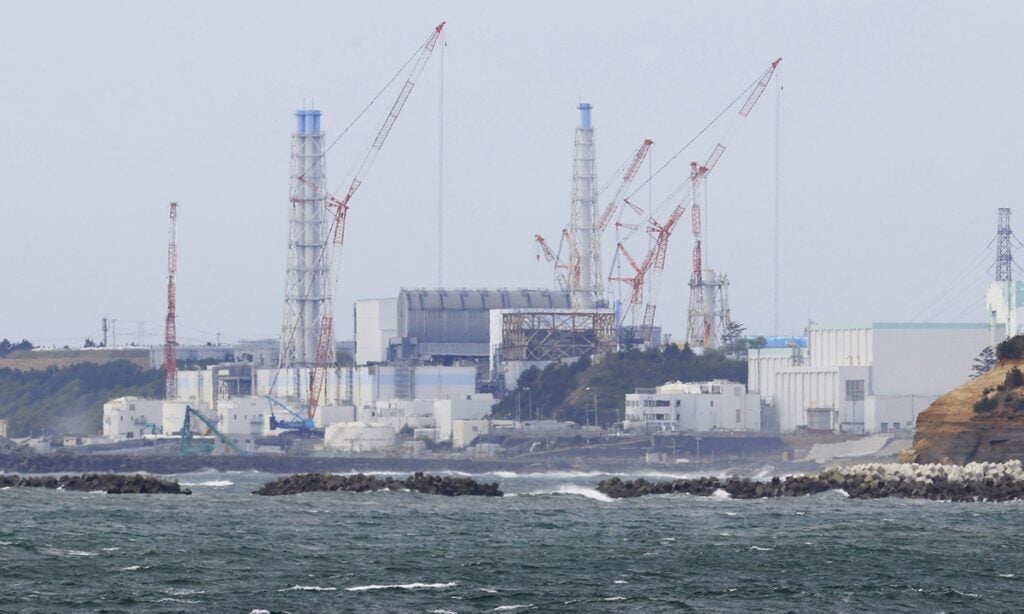Tokyo Electric Power Company (Tepco) aims to start a fourth release of treated radioactive water from Fukushima Daiichi Nuclear Power Plant in late February, continuing a move that has caused friction with China as well as other nearby countries. In late August last year, Tepco started releasing the treated water to decommission the plant after the nuclear disaster caused by the 2011 Tōhoku earthquake and tsunami.
In response to the discharge, China and Hong Kong banned seafood imports from Japan owing to safety concerns. Imports subsequently fell by 67% in August from the same month a year earlier.
China is Japan’s biggest market for seafood and Chinese authorities have condemned the measures, with the customs agency saying it risks the “radioactive contamination of food safety”. The foreign ministry called it an “extremely selfish and irresponsible act”.
Hundreds of South Koreans also protested against the measures in Seoul in August, indicating Japan’s decision was widely unpopular in the region.
An advanced liquid processing system has been used to treat the wastewater, removing all radionuclides from it apart from tritium, a radioactive isotope of hydrogen. Tritium has a half-life of 12 years and decays into helium, which is harmless. The levels of tritium found in the surrounding waters since the initial discharge are below the World Health Organization’s guidelines for drinking water quality.
Scientists have noted that China’s own nuclear power plants release wastewater with higher levels of tritium than that found in the Fukushima discharge.
In the fourth release, around 7,800m³ of treated water will be pumped into the Pacific Ocean, a similar quantity to the previous three discharges. The fifth and sixth discharges will occur during the fiscal year ending March 2025. The whole process involves releasing one million tonnes of discharge and is scheduled to take 30–40 years.
Britain and the US support the measures and the EU commended the Japanese authorities for “providing regular updates on the Fukushima status in a timely and transparent manner”.









